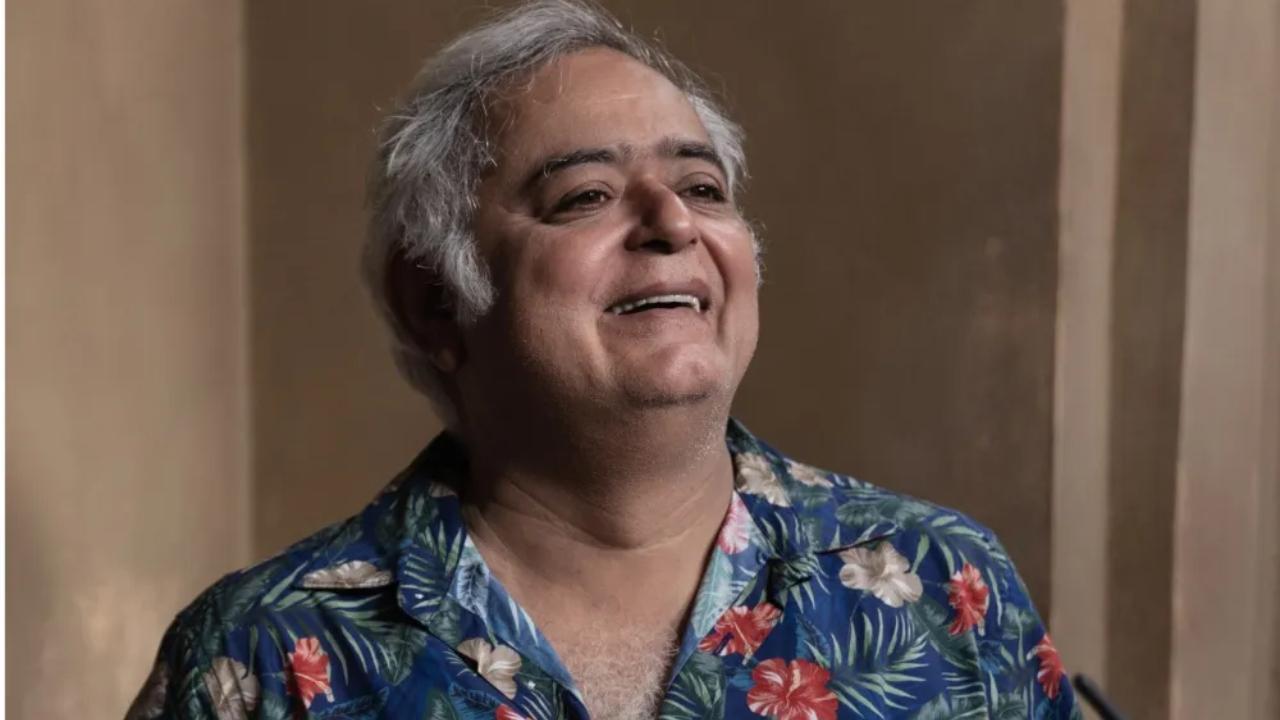
In a fervent social media exchange, acclaimed filmmaker Hansal Mehta delivered a powerful retort to a troll who labeled him a ‘scumbag’. This online altercation erupted after a video featuring Telugu star Nandamuri Balakrishna went viral, setting the stage for a broader discussion about public conduct and respect, especially towards women.
### Initial Incident: Balakrishna’s Controversial Act
The controversy began during the pre-release event for the film “Gangs of Godavari”. Balakrishna, attending as the chief guest, was caught on camera pushing actress Anjali away on stage while the two were presenting themselves for the media. The audience’s reaction was mixed, with cheers and applause for Balakrishna at the event, but the online community was less forgiving. Many netizens deemed Balakrishna’s actions inappropriate and disrespectful. The incident immediately spread across social media, garnering significant attention and sparking debates about misogyny and male privilege in the entertainment industry.
### Anjali’s Response
Hours after the backlash against Balakrishna began to surface, Anjali took to social media to address the situation. On her X handle (formerly known as Twitter), she shared a note that detailed her relationship with Balakrishna.
“I want to thank Balakrishna garu for gracing the Gangs of Godavari pre-release event with his presence. I would like to express that Balakrishna garu and I have always maintained mutual respect for each other, and we share a great friendship from a long time. It was wonderful to share the stage with him again,” Anjali wrote.
Despite her attempt to downplay the incident, the video continued to evoke strong reactions online, with many criticising both Balakrishna and the cultural norms that seemed to condone such behavior.
### Hansal Mehta’s Intervention
Hansal Mehta, a well-respected figure in the Indian film industry, was among those who found Balakrishna’s behavior unacceptable.
. Mehta took to his social media accounts and shared the controversial video, captioning it, “Who is this scumbag?” His post quickly went viral, amplifying the criticism against Balakrishna.
The situation took another turn when a troll responded to Mehta’s post by sharing a picture of him kissing his wife and captioned it with a derisive remark: “Who is this scumbag in this Liplock photo @mehtahansal.” The purpose seemed to be an attempt to draw a false equivalence between Mehta’s public display of affection and Balakrishna’s controversial push.
### Hansal Mehta’s Befitting Reply
Responding to the troll, Hansal Mehta showcased his flair for eloquence and his unwavering stance against misogyny. He wrote, “Your trolling won’t work… it’s a man kissing his wife, expressing love publicly. Not pushing a woman, displaying misogyny in public.”
This dignified yet pointed reply resonated with many of Mehta’s followers and the broader audience, as it highlighted the difference between affectionate gestures and actions that depict disrespect and misogyny.
Mehta’s stance against the mistreatment of women struck a chord amidst ongoing debates about gender equality and respect within the Indian entertainment industry and beyond. His comment underscored a more significant issue about public behavior and the responses it engenders.
### The Broader Implications
The incident involving Balakrishna and Anjali, coupled with Hansal Mehta’s vocal commentary, opened a broader discussion on social media platforms about the standards to which public figures should be held accountable. The contrasting reactions to both events reflect society’s ongoing struggle with these issues and the cultural norms that, at times, seemingly excuse improper conduct based on celebrity status.
In conclusion, Hansal Mehta’s rebuttal to the troll serves as a remarkable example of standing firm against trolling and highlighting the distinction between genuine affection and disrespectful actions. Mehta’s intervention has not only defended his principles but also provided a critical perspective on broader societal norms, particularly concerning gender respect and public behavior. As these discussions continue, one can hope for an evolving consciousness that condemns disrespect and champions equality and respect for all.












